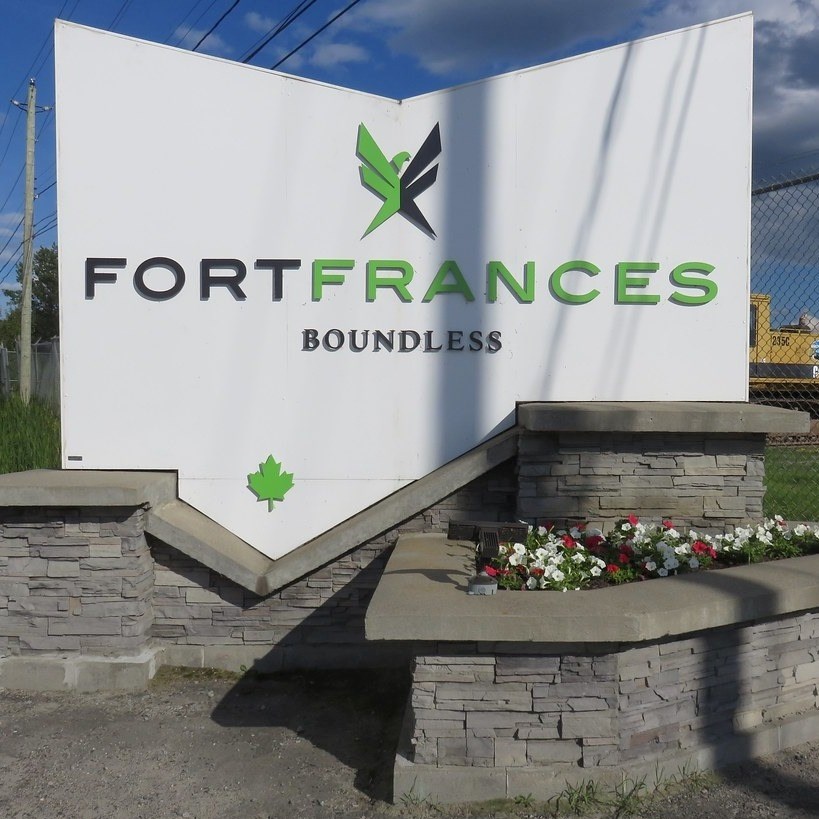FORT FRANCES — Changes are coming to Fort Frances' municipal governance.
A consulting company presented its final report on governance at the committee of the whole meeting last week. KPMG was hired earlier this year to identify recommendations to improve and modernize the way the municipality operates.
“We're pretty excited about it,” said Mayor Andrew Hallikas. “We're going to completely revamp how we govern our municipality.”
He said the recommendations were favourably accepted and passed by council because, “we all recognize that it's something that's long overdue.”
“Our current governance model has been in effect since the 90s and here we are in 2023. Times have changed an awful lot in the last 30 years or so,” he said.
“We need to change how we govern to adapt to that.”
Hallikas said there were a number of suggestions for changes and the recommendation will now go back to administration to figure out how to implement them.
There were 14 recommendations in total from the report, he said, with varying timelines and levels of effort required to implement.
Hallikas said while some recommendations seem to get more attention, for example, changing the procedural bylaw which dictates the model of council meetings, all the recommendations are, “equally important because no matter which model council goes for, [it] won't work unless you implement those recommendations as well simultaneously.”
He said the current governing model includes five executive committees and over 30 advisory committees, with two council meetings and two committee of the whole meetings each month.
“I think the model that the council is leaning towards the which has only one council meeting a month and one committee of the whole meeting a month and then does away with executive committees,” he said. “Council definitely wanted to keep the advisory committees and that's something I feel strongly about as well because advisory committees have members of the community sitting on them.”
He said advisory committees are such a grassroots way of getting input from community members where they get to come and meet with council members and discuss issues.
Hallikas said a couple important recommendations are to create terms of reference for all committees, as many with don’t have them or are in need of updated ones, and developing a process for ongoing policy review.
A huge recommendation from the report is the delegation of authority bylaw, he said.
“What I found over the years I've been on council is that a lot of things that come to the executive committees are operational matters. Now, council shouldn't, shouldn't be delving into anything operational. That's what staff and administration does,” he said. “Our job is to provide the strategic overlook for the community and then the staff and administration, they implement.”
Hallikas said that change will really streamline operations because administration and staff will not have to keep coming to council for authority.
The one recommendation Hallikas said is really important to him personally, promotes opportunities for ongoing training and education for elected officials.
“Our administration did a wonderful job of orientation. We had three full days of training, but you know, that's not enough,” he said.
“Training needs to be ongoing and it needs to be kind of in perhaps smaller doses or smaller modules. I think it's crucial for electoral officials, especially, when you have a new council and you have new councillors, who haven't served before.”
